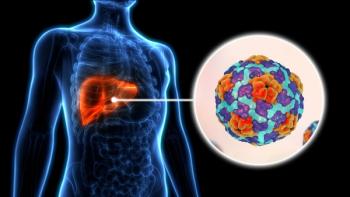
LA County confirms 165 cases since 2024 with 29 in 2025 alone, including individuals without known risk factors.

LA County confirms 165 cases since 2024 with 29 in 2025 alone, including individuals without known risk factors.

Atea Pharmaceuticals' investigational combination treatment of bemnifosbuvir and ruzasvir showed these results after an 8-week treatment regimen.

Jennifer Cohn, MD, MPH, calls for better data, drug access, and care tracking to address gaps in treatment.

Paul Offit, MD, offers insights on the state of measles today where some families are opting to believe treatment is a better option than vaccination. He also discusses the potential toxicity of vitamin A treatment, as well as the limitations of supportive treatment for the disease.

In a large study, Moderna’s investigational vaccine, mRNA-1083, was shown to have noninferiority to other vaccines, and had an acceptable tolerability and safety profile.
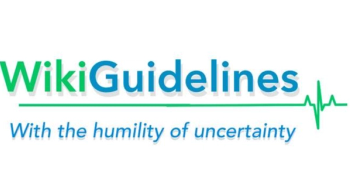
WikiGuidelines produces novel clinical practice guidelines developed with pragmatic, applicable methodology, including a diverse author group.

Jason Barker, ND, explains how in-house technology delivers highly sensitive specific and early detection of Borrelia infections and co-infections helping patients receive faster diagnosis and treatment

An "alarmingly" wide treatment gap for antimicrobial-resistant infections in under resourced countries is attributed to multiple factors including barriers to access.

Michigan dairy worker's infection is linked to widespread H5N1 outbreaks, as new findings suggest increased transmission risk and moderate disease in mammals.

De-escalating empiric antimicrobial therapy is a strategy to combat antimicrobial resistance. Antimicrobial stewardship programs can play a major role in preserving antibiotic effectiveness and preventing unnecessary antibiotic use.
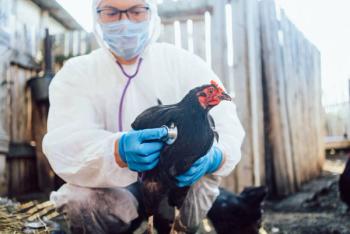
The Centers for Disease Control and Prevention (CDC) investigates backyard poultry-linked outbreak across 6 states, while FDA issues tomato recall over separate contamination concerns.

Primaquine safely and effectively blocks malaria transmission across age-groups and different rates of regional transmission, leading to call for lower, pediatric-appropriate dose formulation.

US outbreaks account for 93% of cases, North Dakota sees first case since 2011, and the Americas Region reports over 2,300 infections.

Jason Barker, ND, details how Vibrant’s platform raises diagnostic sensitivity from 63% to 100%, ensuring more accurate detection and faster treatment for Lyme disease and tick-borne infections.

Sean Nguyen PharmD, BCIDP, medical director Shionogi, delves into the European cohort portion of the study and offers further information from the trial and some of its bigger clinical ramifications.
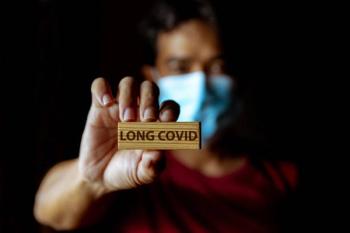
Three different studies reveal blood signatures linked to symptoms, immune pathways tied to lung damage, and the efficacy of cognitive training for brain fog.
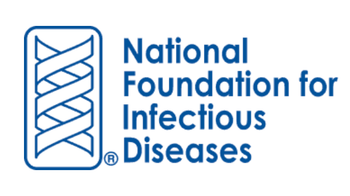
The National Foundation for Infectious Diseases (NFID) released its 2025 NFID State of Handwashing Report and found that many US adults forget or choose not to wash their hands at key times when germs can easily spread.

The INSPIRE 3 trial demonstrates that computerized order entry recommendation prompts can reduce empiric use of broad-spectrum antibiotics in favor of targeted treatment for skin and soft tissue infections.
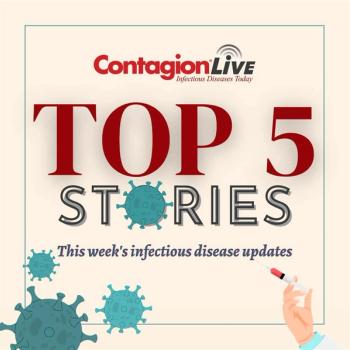
Rising tick-borne illnesses due to warmer winters, strong hepatitis E vaccine efficacy during an outbreak, emerging fungal threats and resistance, and more.

The company had requested approval for its mRNA-1083 combination vaccine last year. With this setback, the company is now looking at 2026 for approval.
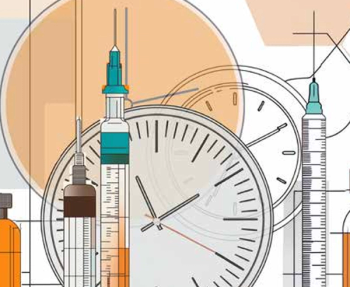
From the discovery of penicillin to PK-PD principles: A brief historical overview and what we have learned from recent clinical trials.

Despite political restructuring and funding cuts, the NIH’s Generation Gold Standard vaccine platform offers a promising solution for pandemic preparedness and global health resilience.

As the cohort of people living with HIV in the US ages, HIV care programs must rapidly adapt to the changing needs of older adults with HIV.

Andrew Lover, PhD, MPH, discusses the shifting landscape of tick-borne illnesses during Tick-Borne Disease Awareness Month.

Six states hold the highest percentage of A grades.

Jason Barker, ND, explains how standard testing can miss coinfections and how Vibrant’s microarray improves sensitivity and efficiency in a single test.

The Hecolin hepatitis E virus vaccine was delivered with a reduced 2-dose schedule to people living in a refugee camp to try to reduce an outbreak.

Study supports the global need for targeted education to correct misconceptions and improve treatment adherence.

This common skin and soft tissue infection has a high recurrence rate and significant treatment failure. β-Lactams remain effective first-line treatments, though rising resistance to clindamycin and tetracycline, especially in GAS, is a growing concern.

Sabrina Absalon, PhD, explains how antibiotic disruption of the apicoplast led to the discovery of PfAnchor, a key protein required for parasite division and survival.